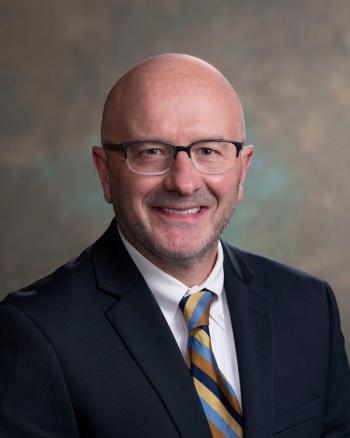
Reopening Facilities After COVID-19: Strategies for mitigating risk
Now that some states are beginning to open up public spaces, what should nursing homes and assisted living facilities do to mitigate their risk for lawsuits going forward?
Industries throughout the country have all been affected, to some degree by the COVID-19 pandemic; however, assisted living facilities and nursing homes have perhaps been struck the deadliest of blows.
The resident population of skilled care and assisted living facilities are the most vulnerable to COVID-19: elderly, immunocompromised, and with a host of co morbidities. By one study, nursing home patients have accounted for close to 40 percent of all COVID-19 related deaths. Now that some states are beginning to open up public spaces, what should nursing homes and assisted living facilities do to mitigate their risk for lawsuits going forward?
There is never a more appropriate time to remember your mother’s words, “Better safe than sorry.” Despite the fact that some states are opening up their public spaces like bars and restaurants, COVID-19 cases are on the rise in many states. For example, on June 18, South Carolina saw a record one day new diagnosis total of over 900 cases. For comparison, in March of 2020, the average daily new case total hovered around 150. Facilities should think long and hard before opening the facility to visitors for anything other than compassionate visits for dying patients, especially when cases in the community at large are increasing, not decreasing.
The Centers for Medicaid and Medicare Services (CMS) have guidelines in place as to when it is appropriate to open back up to visitors. Those guidelines include:
- Zero new nursing home onset of cases for 28 straight days;
- Zero staff shortages;
- Adequate supplies of cleaning and personal protective equipment;
- Ready access to testing for patients and staff; and,
- Adequate bed capacity at referring hospitals if the need arises to transfer.
Probably the most important and difficult of the above criteria includes the ready access to testing for patients and staff. Many states have difficulty in providing enough tests to test patients and staff on any sort of regular basis, which creates an uncertainty about those who may be positive but asymptomatic.
CMS also recommends that facilities lag behind general opening of public spaces by at least 14 days. In areas in which the community is seeing spikes in cases, nursing homes should consider not opening their doors to the public, even if other public places are open, given their vulnerable population. Facilities that do open up need to keep up with rigorous safety precautions, including temperature checks of employees and patients daily, use of cloth masks for visitors, temperature checks for visitors, use of hand sanitizer for visitors and social distancing. CMS also recommends the testing of employees weekly. The results of those tests should be documented in the employee’s personnel file, and copies kept in a central location so that should litigation arise in the future, the facility can show it was complying with the recommended safeguards at the time. Again, given the lack of access to testing in certain areas, this requirement may prohibit the facility from opening back up to the public until reliable and ready access to testing can occur.
In short, now is not the time to relax the precautions and safeguards that have been in place for the last 90 days. Failure to take a cautious, measured, approach will result in increased COVID-19 cases, and open up the facility to new and additional legal exposure.
About the Author
Newsletter
Optimize your practice with the Physicians Practice newsletter, offering management pearls, leadership tips, and business strategies tailored for practice administrators and physicians of any specialty.






